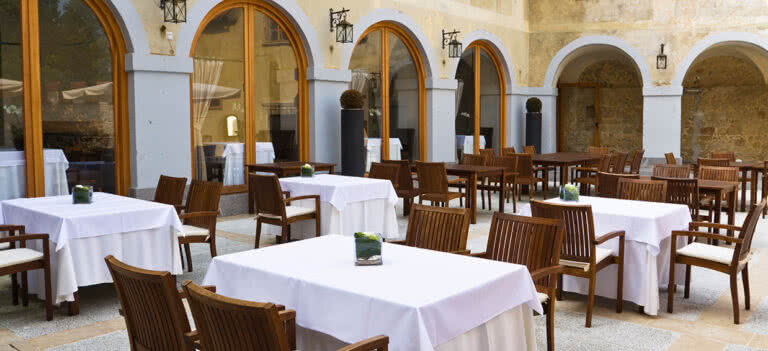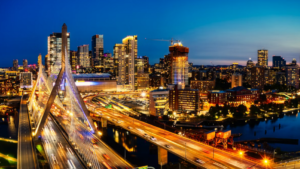More and more, event creators are turning to unique venues to create events that stand out from the competition. Demand for nontraditional spaces has grown by 3.8% this year alone.
How can you take advantage of this growing trend? Read on for tips on how to find event venues that impress your attendees — without risking your reputation on an untested location.
The benefits of unique venues
Booking a unique venue for your event requires going outside your comfort zone. Here’s why it’s worth the effort.
Your event will be memorable. Event attendees are used to traditional spaces that look the same. Boost your brand by hosting in an unusual space that people will want to post about.
You can customize the space. Unique venues are often more versatile. Transform your event space to suit the needs of your event.
You can use them in different ways. It doesn’t have to be the main location for your event. Take advantage of nontraditional venues for offsite receptions or for smaller, test events while expanding into new markets.
How to find your event venue
Once you decide to book a unique venue, the next challenge is finding the right one. Start your search by location or environment.
Location: Search for venues in the city where you’re hosting the event. Venue marketplaces like Peerspace can make this search take seconds instead of hours.
Environment: Research venues based on the type of atmosphere you want for your event. Consider reaching out directly to owners of various event spaces that could be a fit, such as:
- Art galleries and museums
- Parking garages and lots
- Nightclubs available by day
- Airport hangars
- Wineries and rustic farmhouses
- Historic houses and bank vaults
- Rooftop gardens
How to choose a reliable event venue
Since nontraditional spaces host fewer events than traditional venues, make sure the space you love can satisfy the logistical must-haves of your event.
Evaluate the location. Make sure your venue is easy for attendees to get to. Check how accessible it is by public transit and if there is enough space for parking.
Evaluate the venue. The space also needs to support key event needs, like lighting and sound. Follow these tips for evaluating your venue.
Start your logistics early. Even with traditional spaces, venue logistics take time. Start your planning as soon as possible. Add buffer time to deal with unexpected requirements.
Plan your event from beginning to end. Map out key details like how people will enter and exit the space safely. Use this step-by-step guide to onsite logistics to plan.
Unique venue warning signs
There is some risk in working with nontraditional venues. Keep an eye out for warning signs that the location you found might not be right, including:
- Unreliable communication
- Wrong or lacking insurance
- Incorrect details in contracts and paperwork
A little extra pre-planning will go a long way to ensuring your event success — especially when it comes to finding the perfect venue.
Learn more about how to find the right venue for your event in Thinking Outside the Ballroom: The Rise of Nontraditional and Unique Event Venues.





